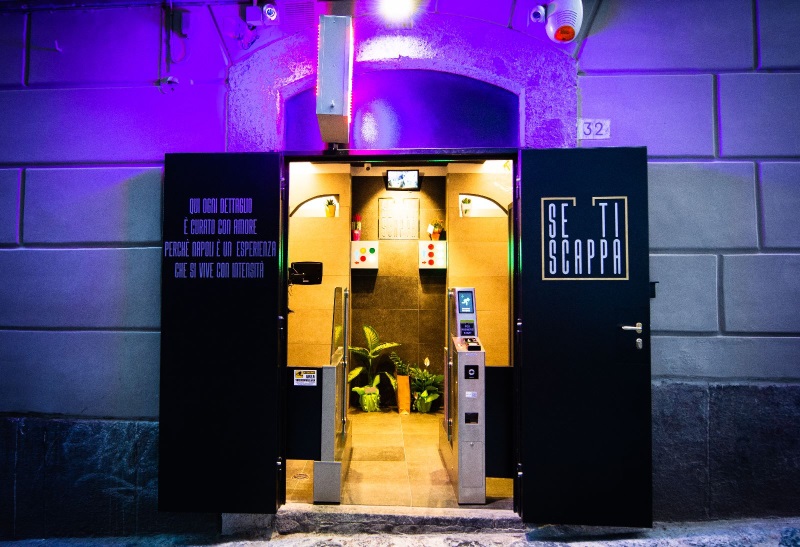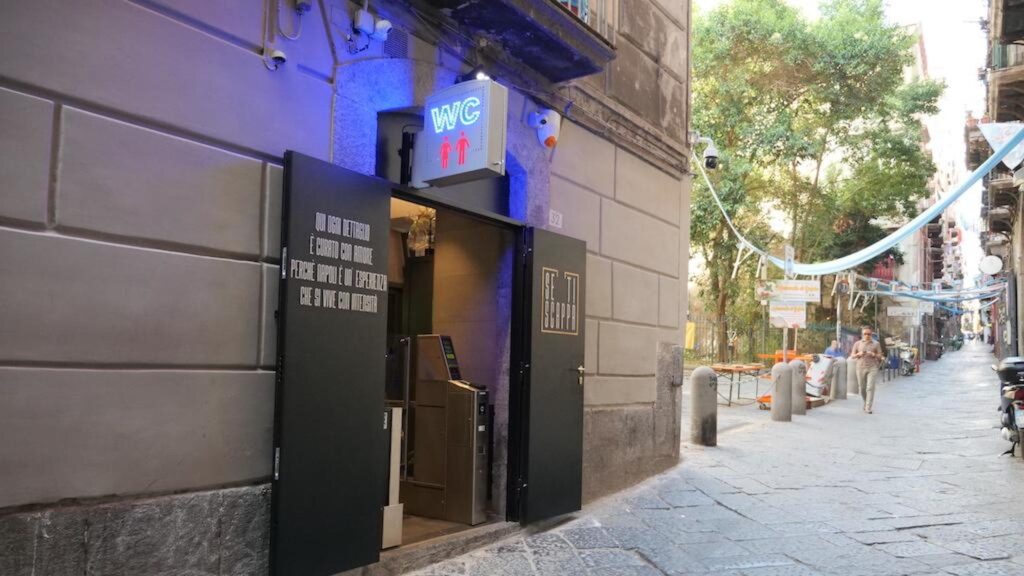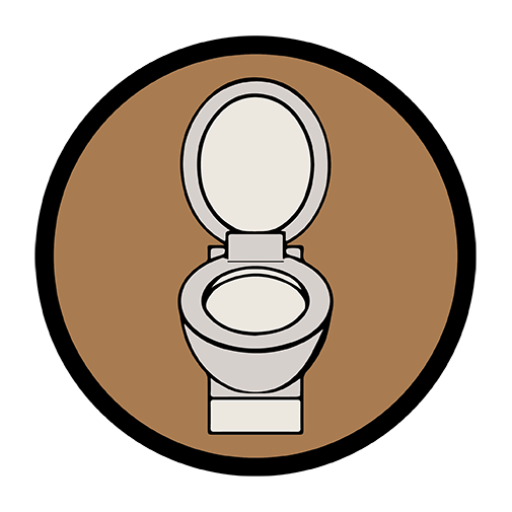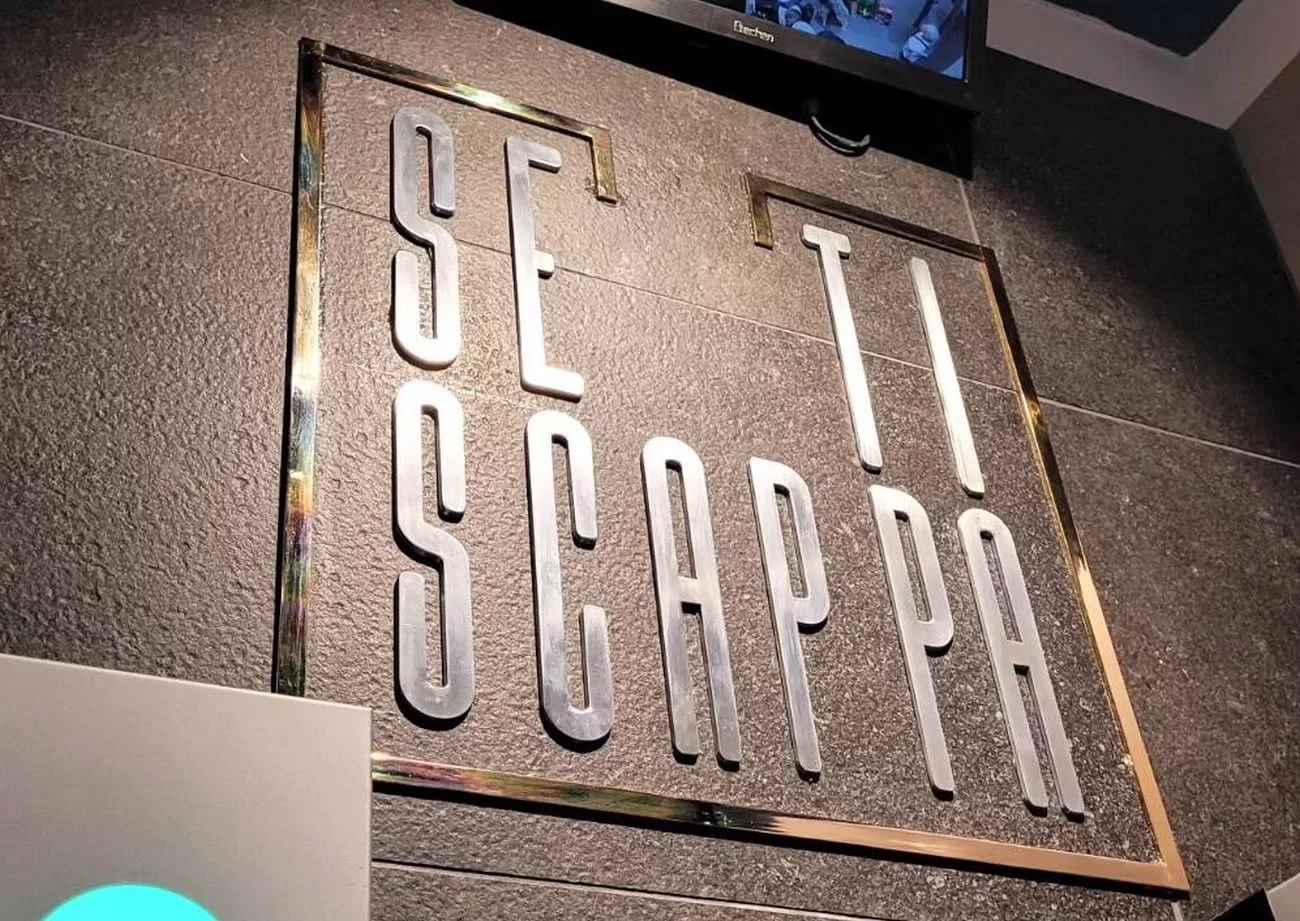In Naples, it was opened a private-public restroom
In Italy, public restrooms have gradually reduced over the years to the point of having some cities without any of them. We went from a widespread presence of public toilets and urinals to a total absence of them. This has forced many people to use the restrooms in cafes.
The reasons for the reduction are varied. First of all, it is believed that public restrooms have become places for disreputable encounters, especially since the 1990s, when public toilets became hangouts for drug addicts and sexual activities.
Over time, the lack of maintenance and degradation made them increasingly dilapidated and unusable, to the point that people have stopped using them. Perhaps excessive management costs and new health and hygiene regulations have also led to their abandonment.


However, in some cities, there are still some pay toilets and some urinals. Abroad, the situation seems different, with countries that maintain and innovate public restrooms with new designs and comforts.
Nonetheless, where they are completely absent, the problems do not disappear. The lack forces many to use cafes when possible. But urgency and closing hours make it difficult, pushing people to urinate in the corners of the streets, with the consequence of increasing degradation. In addition, rising crimes in some neighborhoods haven’t improved the situation.
In Naples, however, a young entrepreneur, Mario Pesce (26 years old), had the innovative idea of opening a modern pay toilet to solve the problem, demonstrating initiative and attention to the territory.
Elegant and very clean, “Se ti scappa” (If you gotta go…) offers separate areas for men and women, hygiene product dispensers, automatic entrances, and a fiscal receipt. It costs 1 euro, and if successful, Mario wants to open others, improving accessibility.
In summary, even if built privately, public restrooms could come back, thanks to technological innovation that can improve decorum and urban comfort. From a neglected problem, these toilets could transform parts of the cities into qualified areas.

